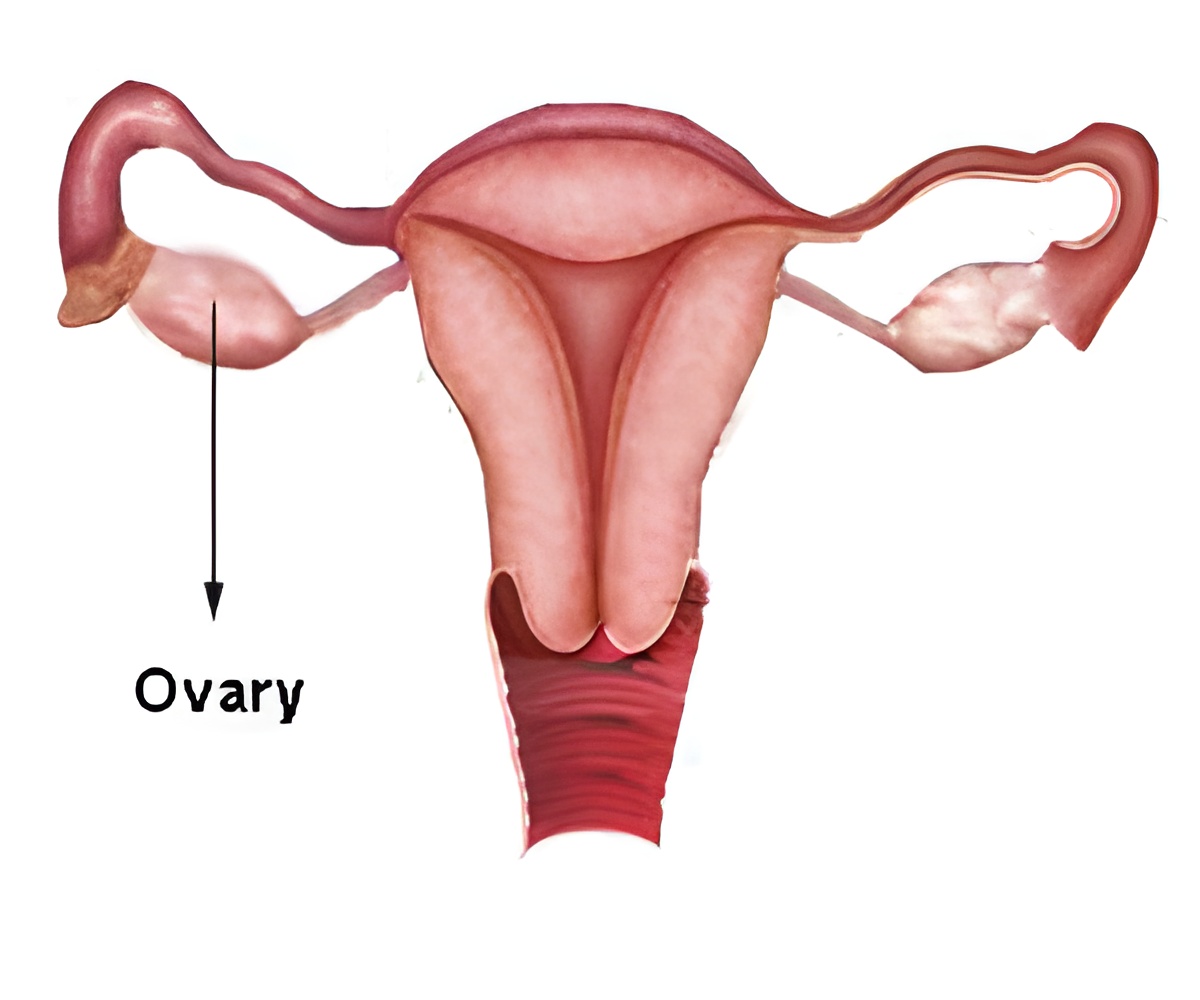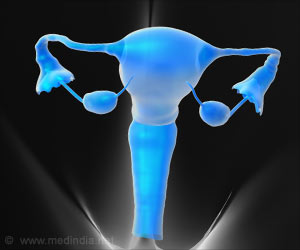A test called “what’s my fertility” will help women to know how fertile they are and about the chances of becoming a mother.

‘Premature Ovarian Aging (POA) characterized by ovarian deficiency affects about 1 in 10 women which leads to lower pregnancy rates and higher miscarriages.’





Researchers from the Center for Human Reproduction in New York have developed a test called “what’s my fertility” will help women to know how fertile they are and about the chances of becoming a mother.“After treating infertility in women for decades and hearing them tell us time and time again that they wished they had known of the risk of POA so that they could have planned for a family sooner, we were determined to find a better way to proactively identify POA in young women,” said Dr Norbert Gleicher, Medical Director and Chief Scientist of Center for Human Reproduction.
The test is a type of a online questionnaire about family history and comprises of three blood tests. The first two blood tests will predict the levels of follicle stimulating hormones and anti-Müllerian hormone. High levels of follicle stimulating hormones and low levels of anti-Müllerian hormone indicates the presence of fewer eggs. The third test checks for the FMR1 gene mutation.
“This is the first risk screening program for POA that detects future risk of developing POA. Rather than diagnosing women when they already suffer from this condition, What’s My Fertility identifies women who are at risk, so they can prevent this condition from affecting their family plans,” said Gleicher.
Women in the ages of 18-35 can take the test and those who are at higher risk for developing POA can try for a baby earlier or freeze their eggs to be used with IVF at a later stage.
Advertisement
Source-Medindia















